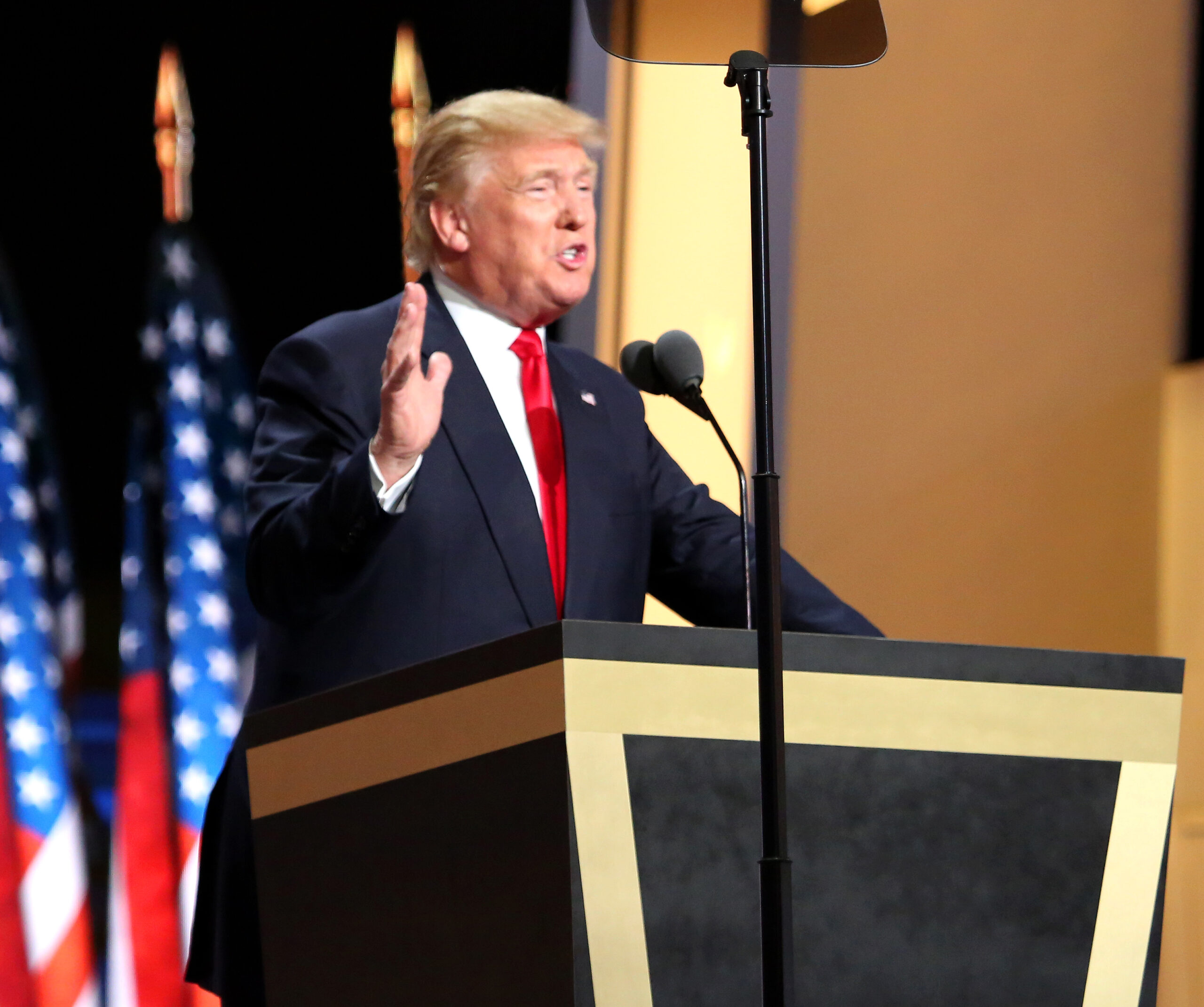In early 2021, the United States Senate voted to acquit Former U.S. President Donald Trump in his second impeachment trial. However, the events leading up to the trial and the charges against Trump were the subject of intense scrutiny and debate. In this article, we will review the case against Trump, including its background, the charges, and the possible consequences of the impeachment.
The Background of the Case
The case against Trump stemmed from his actions in the lead-up to January 6, 2021, attack on the U.S. Capitol by a mob of his supporters. In the months leading up to the attack, Trump had made repeated claims that the 2020 presidential election had been stolen from him through widespread voter fraud. These claims were baseless and had been repeatedly debunked by election officials, judges, and other experts.
On January 6, Trump held a rally in Washington, D.C., in which he repeated these claims and urged his supporters to march to the Capitol to protest the certification of the election results by Congress. During the ensuing riot, five people died, including a police officer, and dozens more were injured.
What Are The Possible Charges?
The House of Representatives voted to impeach Trump on a single charge of “incitement of insurrection” on January 13, 2021. The charge alleged that Trump had “gravely endangered the security of the United States and its institutions of government” by encouraging the mob that attacked the Capitol.
During the subsequent Senate trial, the House impeachment managers presented evidence that Trump had repeatedly and falsely claimed that the election had been stolen from him, and that he had encouraged his supporters to come to Washington on January 6. They also argued that his speech at the rally that day, in which he urged his supporters to “fight like hell,” was intended to incite violence.
The defense team argued that Trump’s speech was protected by the First Amendment, and that his claims of election fraud were not intended to incite violence. They also claimed that the impeachment process was unconstitutional since Trump had already left office by the time of the trial.
Some of the Possible Consequences
Had Trump been convicted in the impeachment trial, he could have been barred from holding future public office. However, since he was acquitted, he remains eligible to run for president again in 2024, should he choose to do so.
The impeachment trial also had broader implications for American politics. It highlighted the deep divisions within the Republican Party, with a handful of Republican senators voting to convict Trump alongside all of the Democrats. It also raised questions about the future of impeachment as a tool for holding presidents accountable, with some legal experts arguing that the trial was unconstitutional since Trump had already left office.
Conclusion
The case against Donald Trump in his second impeachment trial was a complex and highly charged one. The charges against him centered on his actions leading up to the January 6, 2021, attack on the U.S. Capitol, and the trial itself was marked by intense partisan rancor. While Trump was ultimately acquitted, the trial highlighted the deep divisions within American politics and raised important questions about the future of impeachment as a tool for holding presidents accountable. As the country moves forward, it will be important to reflect on the lessons of this impeachment trial and work to address the underlying issues that led to it.
Want to see more of Qazi Law’s blogs? Click here to access our English blogs or visit this link for our Spanish blogs. You may also connect with us via social media:
Facebook: Qazi Law Offices
Instagram: AbogadaFarrahQazi
LinkedIn: Qazi Law offices

